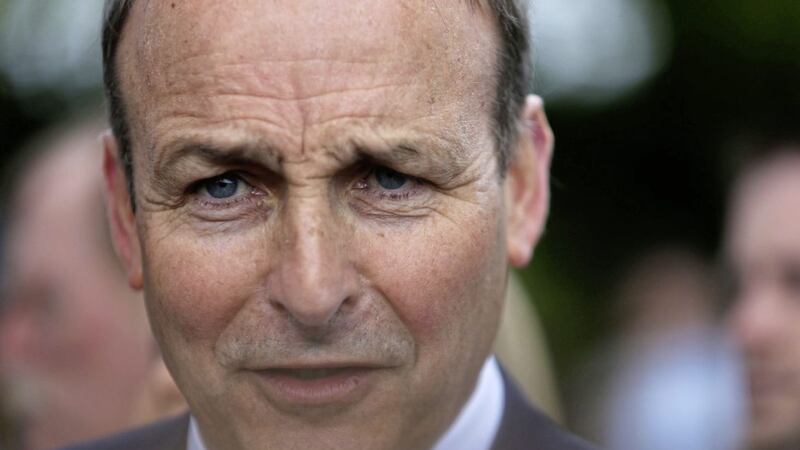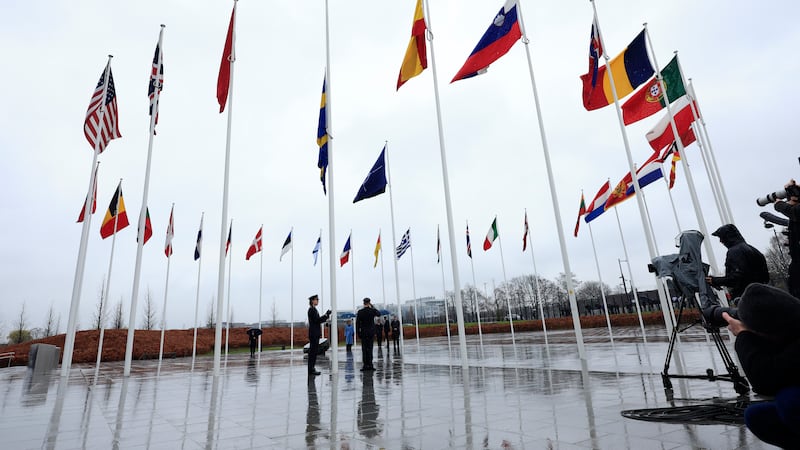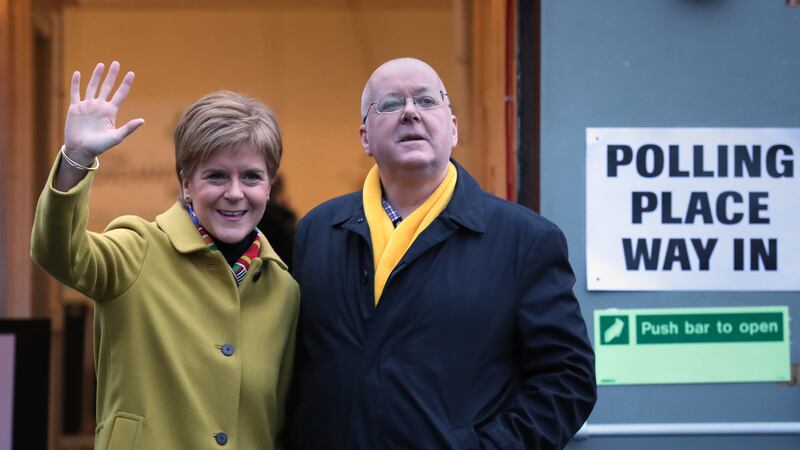FIANNA Fáil has indicated it would take seats in the assembly and Westminster if it were to stand in the north.
The party is engaged in talks with the SDLP over a possible merger.
Speaking before a parliamentary party meeting in Malahide, Co Dublin, yesterday, leader Micheál Martin said it had made no decision on a merger.
But he said if the party did stand it would take up any seats it had contested.
"We have made no decision yet in relation to the north, it's a work in progress, we're engaged, but we do accept the constitutional settlement that is the Good Friday Agreement," he said.
He added: "We certainly wouldn't contest elections and not take seats. I think that's just blocking people who could represent the anti-Brexit majority".
Mr Martin suggested that Sinn Féin, who do not take up their seats at Westminster, should not contest British general elections.
"From our perspective, the great scandal at the moment is that the anti-Brexit majority of Northern Ireland are not represented in the assembly, they're not represented in the Executive and they're not represented in Westminster," he said.
He added: "If people don't want to take their seats in Westminster then I suggest they shouldn't contest the election. They should let the election open to people who want to contest it and who would take their seats".
Founded in 1926, Fianna Fáil was established by Éamon de Valera after he proposed elected members should be allowed to take their seats in the Dáil provided the Oath of Allegiance to the British crown was removed.
MPs have to swear an Oath of Allegiance to Queen Elizabeth.








